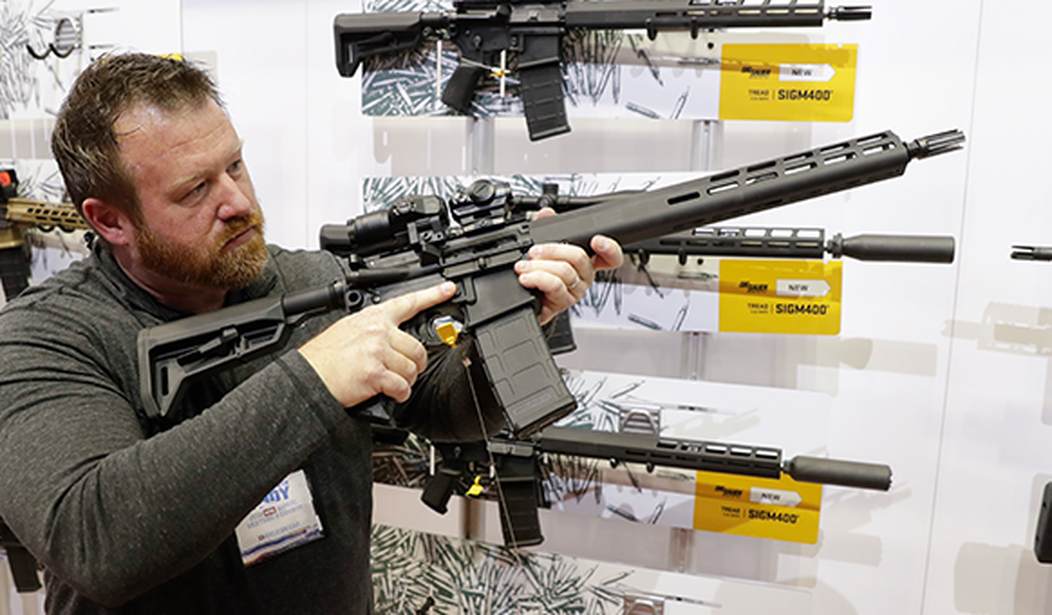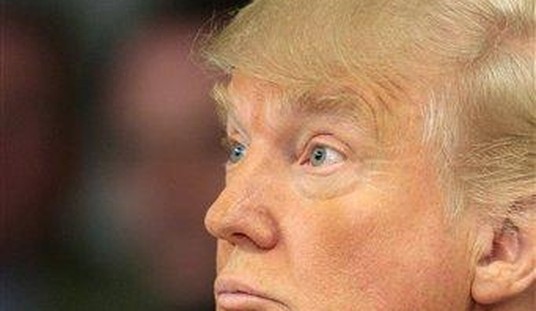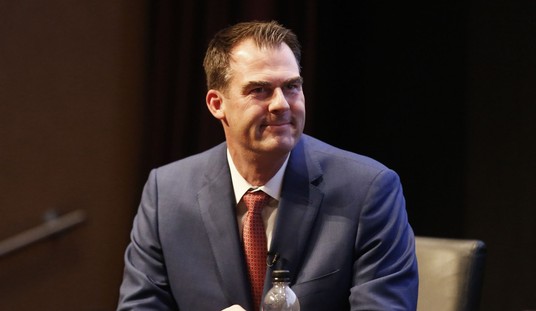Anytime we experience a mass shooting, we start to hear a lot of people slinging statistics around on the internet. This phenomenon is worse on social media, particularly Twitter.
Recently, someone claimed that mass shootings were 43 percent lower during the era of the assault weapon ban.
And Newsweek, of all places, decided to fact-check the claim.
A tweet posted by activist Mohamad Safa on February 15, 2023, which has been viewed more than 128,000 times, said: “Do you know that in 1994 Bill Clinton banned assault weapons and mass shooting deaths dropped by 43%, in 2004 the ban expire [sic] and mass shooting deaths shot up by 239%.”
…
The source of the claim on Twitter appears to be University of Massachusetts researcher Louis Klarevas, who found that compared with the 10-year period before the ban, the number of people dying from mass shootings fell by 43 percent, and increased 239 percent 10 years after.
However, as Klarevas told The WashingtonPost, he only assessed “high fatality” mass shootings and “did not have comprehensive data of mass shootings that resulted in less than 6 killed.”
The Post was also provided with analysis that suggested per capita incidence of gun deaths did dip during the period. However, this data did not assess assault weapons in particular and, as mentioned in the article, there are other issues with it too.
As Klaveras stated, he had only counted shootings where the number of deaths was six or more. The definition of a mass shooting is contentious but one metric regularly cited is any shooting where four or more victims had died.
Looking only at statistics involving six or more victims would, in theory, narrow the number of incidents recorded.
It should also be noted that the Post’s analysis that gun deaths per capita dropped isn’t shocking. We know that homicide rates were dropping before the assault weapon ban, dropped during, and continued dropping afterward, right up until the last few years, really.
That suggests that the assault weapon ban played almost no role in that reduction.
Newsweek also noted that Klaveras’s data only shows a correlation, not causation. That’s an important point here, because, as noted, other data show very different things.
In fact, other studies have shown mass shootings really didn’t drop during the era of the assault weapon ban, especially compared to what we saw beforehand.
But activists tout Klaveras and his research for one very simple reason. It’s because they like the conclusion. Who cares how he defines the criteria so long as the narrative is advanced? What does it matter so long as his research can be used to advance the gun control cause?
Further, even if mass shooting fatalities are up, there are some points that aren’t in the research.
For example, what many might term the era of the mass shooting didn’t start until 1999, curing the assault weapon ban, when Columbine happened. It wasn’t the first mass shooting, but that has been argued to be when the trend in mass shootings really got going. So it stands to reason that as mass shootings continue, such killers might claim still more lives after the assault weapon ban than before it.
So yeah, I’m not exactly swayed by the argument.








Join the conversation as a VIP Member